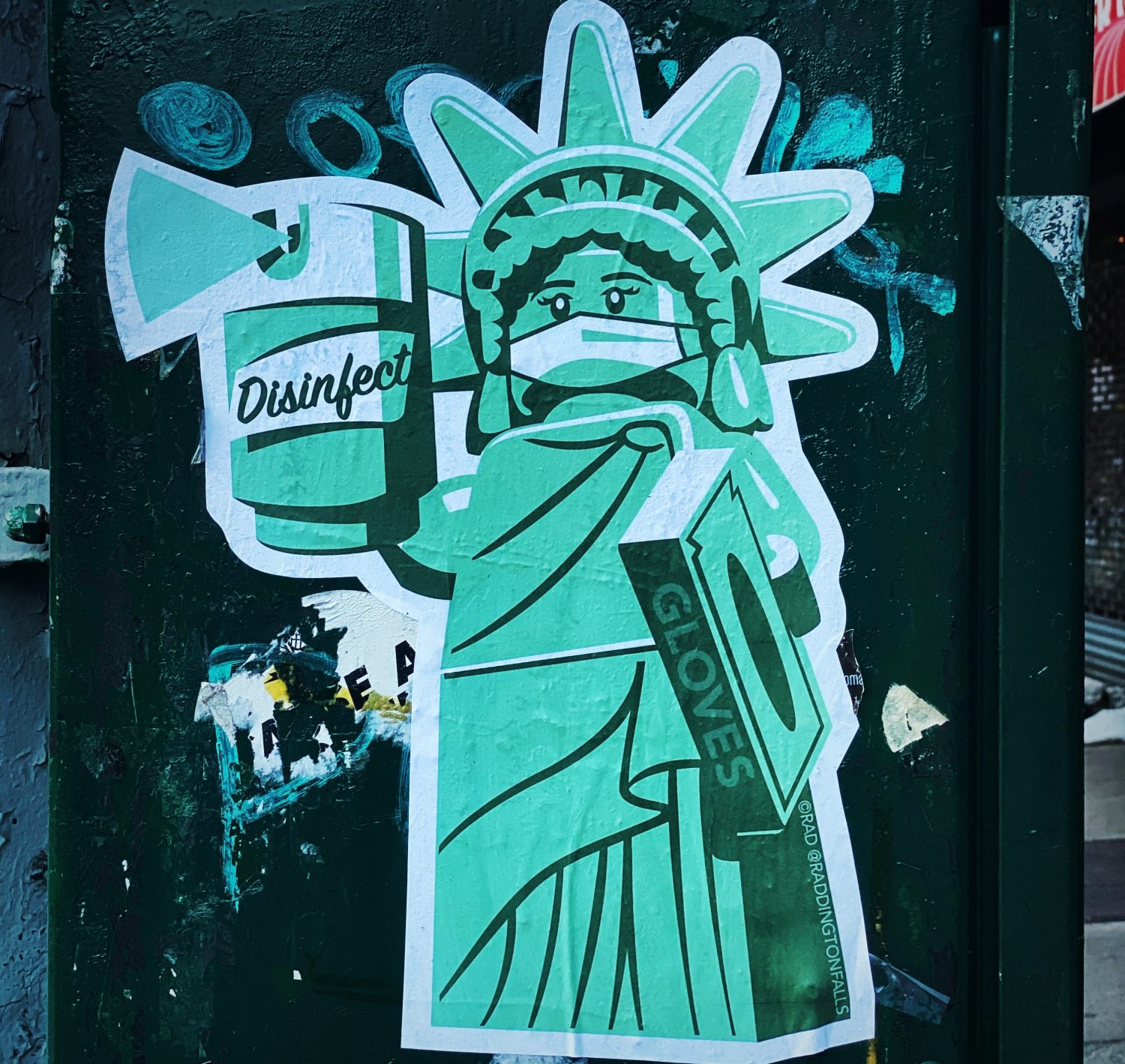Photo by Jon Tyson, via Unsplash
By Lisa Cirincione, Senior Resource Development Associate at Joining Vision and Action
On April 23, the House passed a $484 billion coronavirus aid package that is widely expected to be signed by the president (H.R. 266, The Paycheck Protection Program and Health Care Enhancement Act).
So, how can it help nonprofits?
Forgivable loans
Most importantly, forgivable loans may be available. After funding through the Paycheck Protection Program (PPP) was quickly depleted, this legislation will infuse the program with an additional $310 billion, with another $10 billion reserved to cover administrative costs.
There is also $60 billion set aside specifically for community-based lenders and mid-sized banks to help ensure that smaller businesses have access to PPP. Based on how quickly the funding ran out before, JVA recommends that anyone who is interested in applying act quickly.
Hopefully, the banks have taken to heart the public outcry over who received funding in the last round and will work harder to fund truly small businesses and not huge publicly traded companies, ahem … Ruth’s Chris Steak House and Shake Shack (both of which have said they will return the funds). The legislation also includes an additional $60 billion for the Economic Injury Disaster Loans Program, which you can learn more about in my last blog.
Support for hospitals, testing
The funding will also provide $75 billion for hospitals to help them shore up revenue after shortfalls resulting from having to postpone elective procedures. Coronavirus testing is also getting some funding—$25 billion. Those funds include $11 billion allocated to states for test supplies, contact tracing efforts and staffing.
The funding for testing also comes with a mandate that the Trump administration develop a strategy to help states deploy tests across the country.
Oversight
Finally, the legislation ramps up oversight of the federal response to COVID-19 by creating a special committee to investigate the Trump administration’s response to the pandemic and the implementation on the previous rounds of COVID-19 relief packages.
The next round of legislation is likely to center on aid to states and cities facing severe financial challenges. We’ll continue to keep you updated on opportunities for nonprofits in upcoming legislation, and remember, if you’d like support with customized funding research related to handling the challenges of COVID-19, we’re here for you.







Leave A Comment